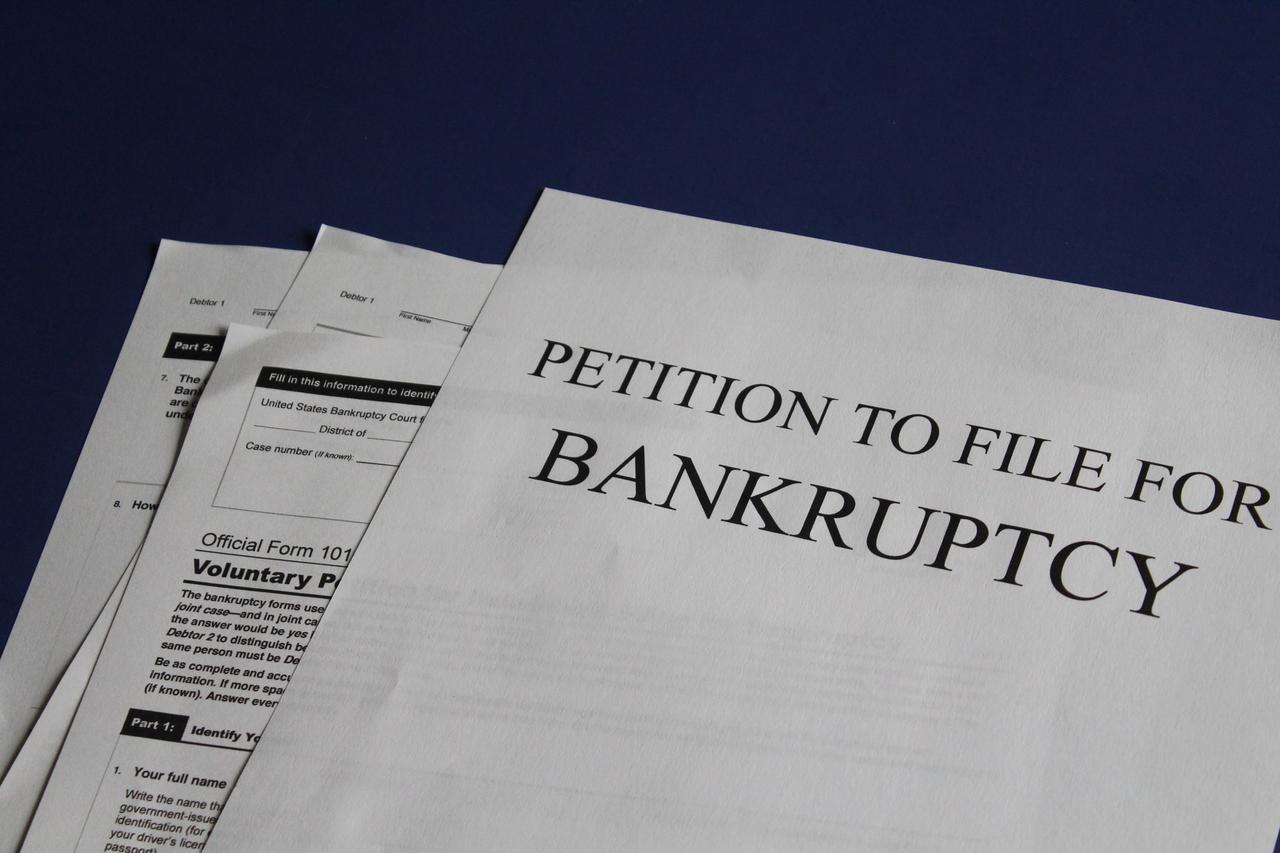Chapter 13 Bankruptcy Cheat Sheet
Filing for Chapter 13 bankruptcy can be a very complicated process.
And while you could file on your own, most self-filed bankruptcy cases have a very low success rate.
The best way to file is to use a bankruptcy attorney that has experience in the many ins and outs of the process.
That’s why James L. Gutting, attorney-at-law, created a cheat sheet for those filing for Chapter 13 bankruptcy. After reading this cheat sheet, you’ll know what to expect and what to prepare for your first meeting with your lawyer.
What is Chapter 13 bankruptcy?
This bankruptcy option allows you to pay back your secured debts within three to five years, and reduces or eliminates any unsecured debt while you’re making these payments.
Who should apply for Chapter 13 bankruptcy?
This option is best for people who have consistent income, but are unable to pay immediate debts. It’s also a great option for those who wish to keep the mortgage on their home.
Here’s what to prepare for your meeting with your bankruptcy lawyer:
First, collect all the necessary documents needed for your meeting with your attorney. You'll want to bring the last four years of tax returns, proof of income for last six months, bank account statements for the last six months, any mortgage or real estate tax information and appraisal of real estate, any retirement account information, car loan information and any pertinent information regarding debts, income, or other assets.
Then, you'll want to structure your debt. Take time to review your debts and structure them between secured and unsecured debt. Secured debt is attached to some kind of property (i.e. a mortgage or car loan) and unsecured debt is not attached to any property (such as medical bills, credit card debt, etc.)
Then, you'll want to note your property and assets. Make a list of how much property you own. This includes real estate and other items of great value such as a vehicle.
Finally, it's time to estimate your income and budget. Whether you have a job or are unemployed, you’ll need to take the time to review what your income will be and how much you can budget for payments. If you don’t make enough money to make bankruptcy payments each month, you may need to explore other options before filing. Contact us today if you have any questions about this.

When you meet with your attorney, they will be able to help you with structuring your debt as well as estimating your income and budget. They will also help file the paperwork and manage court dates.
After you’ve finished meeting with your attorney, there are some more steps you’ll need to take:
Take a credit counseling course.
Find a credit counseling program approved by the Department of Justice and take the course. After you’ve finished the course, keep the certification with the rest of your bankruptcy documents.
Fill out the appropriate forms.
Fill out all 23 forms for your bankruptcy and provide detailed information about income, debt, and budgetary restrictions. Your lawyer can help you with this as well.
Sign, print, and send in bankruptcy forms.
File your bankruptcy forms at your local courthouse, and pay the bankruptcy fee of $310. Your lawyer will help make sure this is filed correctly.
Send information to your appointed trustee.
Send any pertinent information to your trustee to ensure they are aware of your status in the bankruptcy process. If you do not send documents to them, your bankruptcy filing will be dismissed.
After you’ve filed for bankruptcy, and have an appointed trustee, there are a few more steps to conclude your case.
Be sure to attend your 341 meeting.
The 341 meeting confirms your bankruptcy filing and verifies your identity. If you miss this, your case could be dismissed. So be sure to set aside time for this meeting.
Maintain payments
Continue making bankruptcy payments on time. Any missed payments will result in a dismissal of your bankruptcy case. If you are worried about how much you can afford to pay, contact us and we can help you structure your budget.
Finish your second debtor education course.
Once you’ve completed your second debtor education course, your case will be discharged and any outstanding payments for secured debt will be eliminated.
Bankruptcy can be a very long and complicated process. It’s usually best to work with someone who knows the ins and outs of bankruptcy.
We’d be happy to help you take the next step towards financial freedom. If you are interested in learning more about your options, contact us today!
